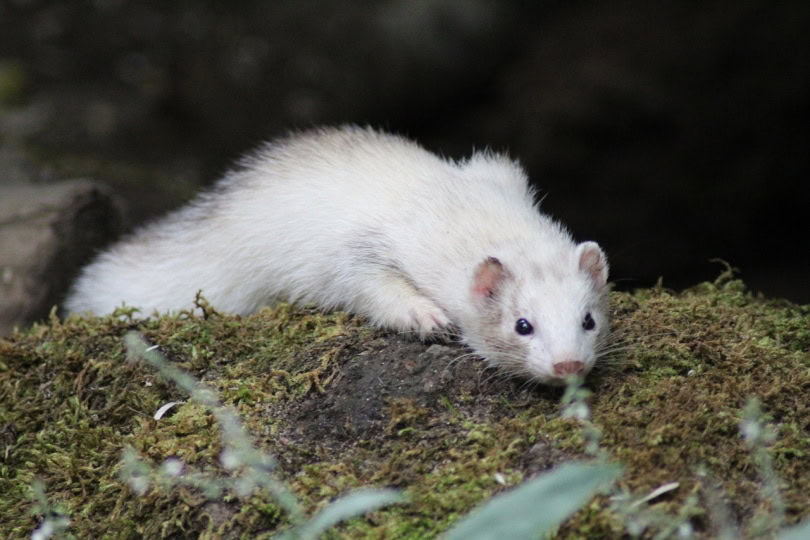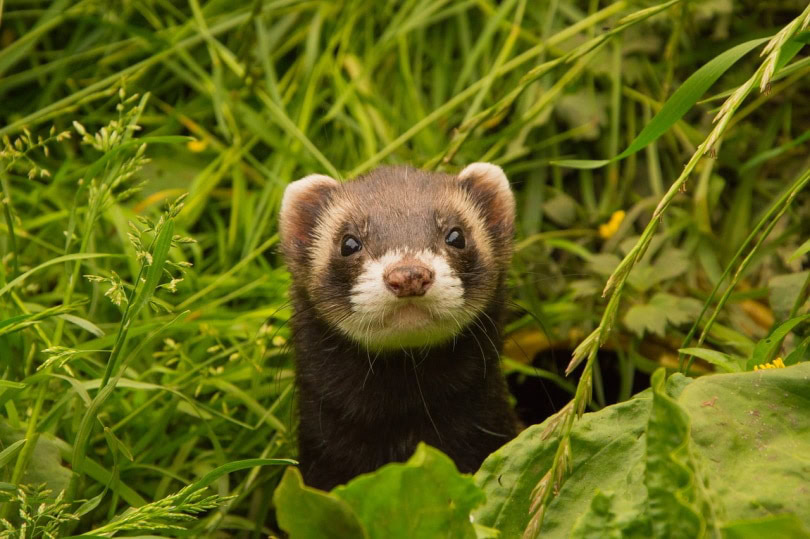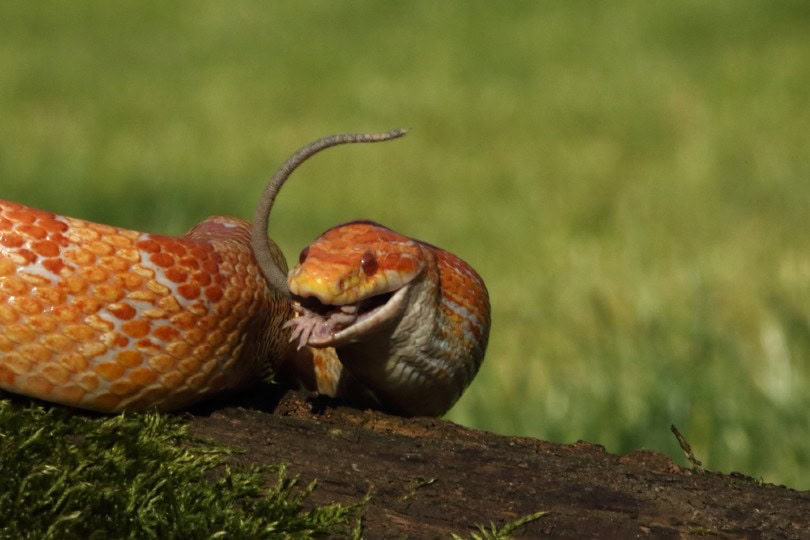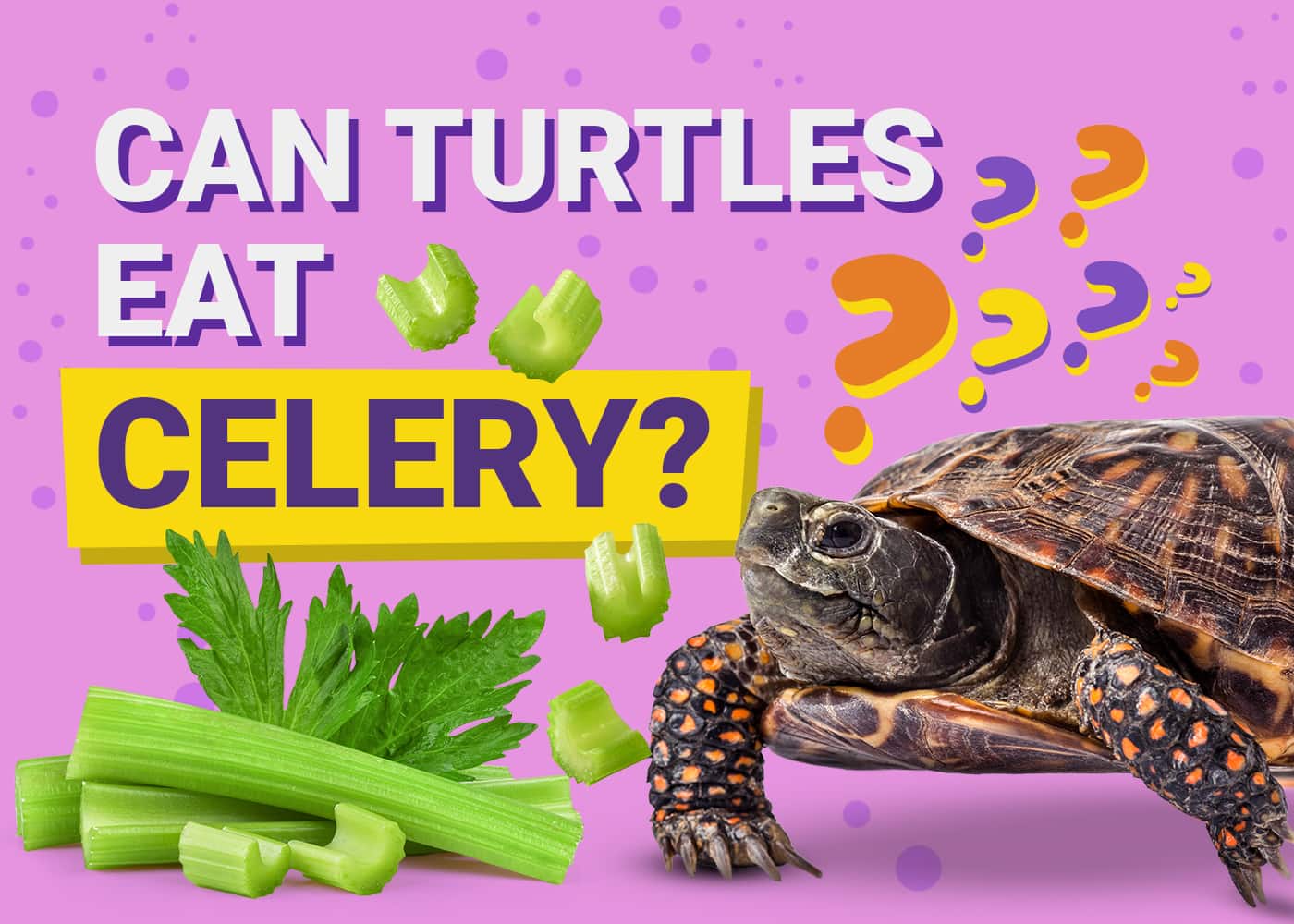VET APPROVED

The information is current and up-to-date in accordance with the latest veterinarian research.
Learn more »Ferrets are slinky, playful, witty, adorable creatures. When you look at them like that, it is a challenge to see a ruthless predator running around you. However, ferrets are one of the true carnivores of the animal world, hunting and eating small animals in the wild. Satisfying their dietary needs can be difficult, but understanding what they eat in the wild is a good place to start.
If you have wondered “What do ferrets eat in the wild?” or “What should I feed my pet ferret to keep them healthy?”, then this is a good article for you.

What Ferrets Eat in the Wild

Ferrets eat a completely carnivorous diet of small prey. They are opportunistic predators and have high hunting skills. There are all kinds of small animals that ferrets will hunt and eat in the wild. These include:
- Ground squirrels
- Mice
- Voles
- Shrews
- Rabbits
- Prairie dogs
- Birds
Wild ferrets are efficient predators that rarely waste their prey. They often consume nearly the entire animal, fur, feathers, bones, and internal organs, making full use of each meal. Their digestive systems are adapted to a purely carnivorous diet, with no capacity for digesting plant material.
Ferrets have a very high metabolism and a short digestive tract, meaning they need to eat frequently throughout the day. This constant need for energy is one of the main challenges for pet owners. Their keen hunting ability partially comes from how they are built. Their small, thin, and long bodies allow them to follow prey into their holes. Once they catch it, they deliver a swift kill using their sharp canine teeth.

What Ferrets Should Eat as Pets

Domestication hasn’t changed the ferret’s natural dietary needs. Pet ferrets require frequent meals made up entirely of animal-based proteins to stay healthy.
Pet ferrets shouldn’t be fed an omnivorous diet including carbohydrates and fruits, as their digestive system is not designed to digest these foods. Instead, you need to feed them ferret-specific food and ensure that food and water are always available for them.
Fresh meat like minced beef or lamb, raw meaty bones (never cooked), and offal can be offered alongside a high-protein, ferret-specific dry food. If you’re raising a young ferret (under six months old), this is the ideal time to introduce a variety of protein sources, so that they can accept different options later in life. Always follow your veterinarian’s guidance when planning your ferret’s diet, and ensure any food offered is safe, balanced, and appropriate for their nutritional needs.

Summary
Ferrets were domesticated approximately 2,500 years ago and have become more popular to keep as pets since the late 20th century. If you want to care for one of these mischievous and playful creatures, ensure that you give them a diet and lifestyle to keep them healthy. Although it can be challenging to give a ferret an appropriate diet, it is also one of the essential parts of their care.
Featured Image Credit: Michael Sehlmeyer, Pixabay










